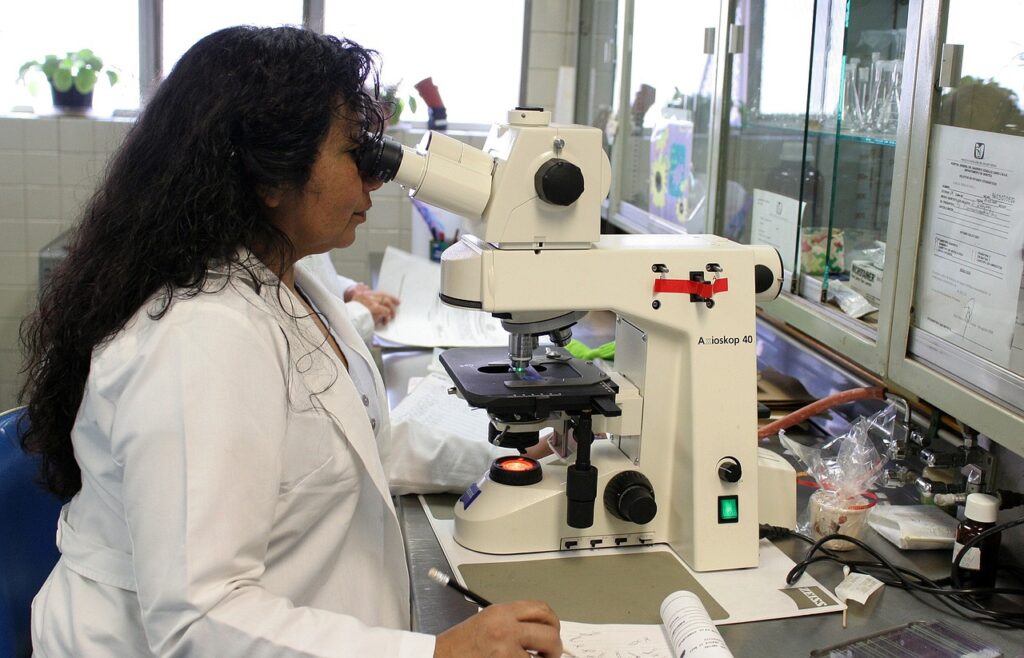
The Russian Toy Terrier, often simply referred to as the “Russian Toy,” is a small but spirited breed that has charmed dog lovers around the world. Don’t be fooled by their diminutive size; these little dogs pack a punch when it comes to personality and devotion. In this blog post, we’ll take a closer look at the Russian Toy Terrier, exploring its history, characteristics, care requirements, and more. Whether you’re considering bringing one of these tiny treasures into your life or just curious about this delightful breed, read on to discover the wonders of the Russian Toy Terrier.
The History and Origins of the Russian Toy Terrier
The Russian Toy Terrier has a fascinating history that dates back to the 18th century. Here are some key points about its origins:
- Russian Royalty: This breed was originally bred as a companion dog for Russian aristocracy, including members of the Romanov family.
- Toy Dogs: Russian Toys were developed as small, toy-sized dogs, often kept by ladies of the court as lapdogs and companions.
- Near Extinction: At one point in history, the Russian Toy Terrier neared extinction. However, dedicated breed enthusiasts worked tirelessly to revive and preserve the breed.
Physical Characteristics
The Russian Toy Terrier is known for its tiny stature and charming appearance. Here are some key physical characteristics:
- Size: These dogs are truly petite, with a height ranging from 8 to 11 inches (20 to 28 cm) at the shoulder. They typically weigh between 2 to 6 pounds (0.9 to 2.7 kg).
- Coat: Russian Toys have a smooth, fine coat that comes in a variety of colors, including black and tan, brown and tan, blue and tan, and solid red.
- Eyes: Their large, expressive eyes are a prominent feature, often dark and full of curiosity.
- Ears: Russian Toys may have either prick ears or semi-erect ears, both of which add to their adorable appearance.
Personality and Temperament
Despite their tiny size, Russian Toy Terriers have big personalities. Here are some of their notable traits:
- Lively: These dogs are known for their lively and playful nature. They have a lot of energy packed into their small frames.
- Intelligent: Russian Toys are highly intelligent and quick learners. They enjoy mental stimulation, including interactive toys and games.
- Affectionate: They are affectionate and often form strong bonds with their owners. They thrive on human companionship.
- Protective: Russian Toys can be quite protective of their families and may bark to alert their owners to any potential intruders.
Care and Grooming
Owning a Russian Toy Terrier comes with specific care considerations:
- Exercise: Despite their small size, Russian Toys need daily exercise to burn off energy. Short walks, playtime, and interactive toys are ideal.
- Socialization: Early socialization is essential to ensure they are comfortable around other dogs and people. This helps prevent any potential shyness or fearfulness.
- Training: They are intelligent and responsive to training. Positive reinforcement methods work well to teach them commands and manners.
- Grooming: Their short coat is relatively low-maintenance and only requires regular brushing to keep it in good condition. Dental care is also important.
- Healthcare: Regular veterinary check-ups are essential to monitor their overall health. Russian Toys are generally healthy, but like all breeds, they can be prone to certain genetic conditions.
FAQs
Q1: Are Russian Toy Terriers good with children?
A1: Russian Toys can be good with well-behaved children, but they are small and delicate. Supervision is recommended to prevent accidental injury.
Q2: Do they get along with other pets?
A2: With proper socialization, Russian Toy Terriers can get along with other dogs and pets. However, their small size may make them vulnerable to larger animals.
Q3: How much exercise do they need?
A3: Russian Toy Terriers need daily exercise, including short walks and playtime. Mental stimulation is just as important as physical activity.
Q4: Are they prone to specific health issues?
A4: Russian Toy Terriers can be prone to dental issues, patellar luxation, and certain genetic conditions. Regular dental care and veterinary check-ups are essential.
Q5: Are they good apartment dogs?
A5: Yes, Russian Toy Terriers adapt well to apartment living due to their small size and energy level. However, they still require daily exercise and mental stimulation.
In conclusion
the Russian Toy Terrier may be small in size, but it’s big in personality and charm. Whether you’re looking for a devoted companion or a lively addition to your family, these little dogs have a lot to offer. With the right care, training, and attention, a Russian Toy Terrier can bring boundless joy and affection into your life.


